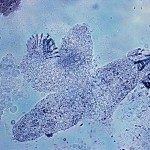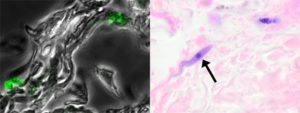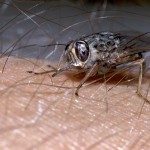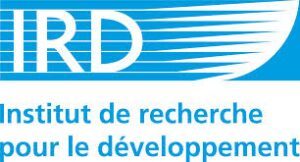TRANSMISSION OF AFRICAN TRYPANOSOMES
African trypanosomes are flagellated protist parasites that cause sleeping sickness in humans and nagana in cattle in Sub-Saharan Africa. These parasites are exclusively transmitted by the bite of the tsetse fly. Successful transmission is the outcome of crosstalk between the trypanosome and its insect host acting as a vector. This enables the parasite to undergo successive rounds of differentiation, proliferation and migration, culminating in the infection of a new mammalian host.
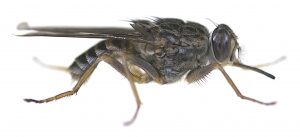
Our group is studying various aspects of the parasite cyclical development in the tsetse fly, including carbohydrate metabolism, motility and flagellum sensing, with the perspectives of blocking parasite development by paratransgenic approaches in the tsetse fly vector.
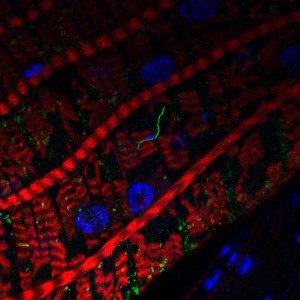
Today, we are focusing on the early steps of infection in the mammalian host after the infective bite in order to unravel the differentiation, proliferation and migration events occuring during the disease onset.
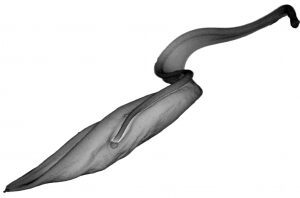
But our main interest is currently the biology of dermal trypanosomes, with the purposes of developping new approaches for diagnosis and treatment in the context of the planned elimination of sleeping sickness.
To implement these research programs, our group is now affiliated to two Institut Pasteur in Paris, France and in Conakry, Guinea.
FOCUS
Sleeping sickness: one step further in improving diagnosis
Skin-dwelling trypanosomes: the missing link towards elimination?
https://www.pasteur.fr/en/sleeping-sickness-parasites-found-hiding-skin


